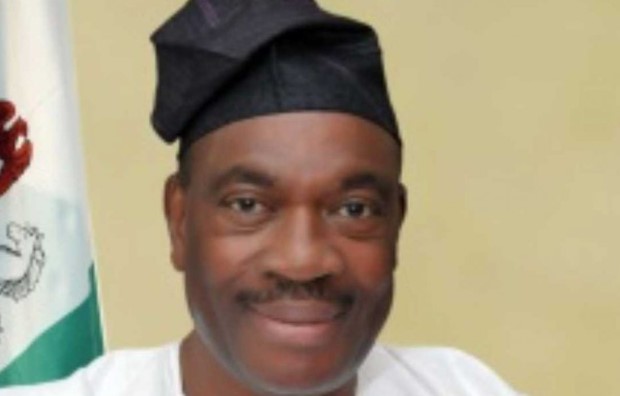BY KEHINDE BAMIGBETAN
Today, the race to Aso Rock gains new momentum as the All Progressives Congress launches a manifesto that seeks to rejig the economy by unleashing the energy of the youths, the farmers, and the workers.
The 80-page document titled ‘Hope Renewed’ consolidates the achievements of Muhammadu Buhari’s administration in agriculture, infrastructure and security and plans new ways of running the economy by adopting fiscal and monetary policies to boost the production of goods and services to tame inflation.
This shift in economic and financial strategy is no surprise to policy watchers who know the wizardry of the presidential flag bearer, Bola Tinubu, in public finance.
Advertisement
Tackling the need to tackle inflation and the resultant reduction in the purchasing value of the Naira, a major complaint of Nigerians, the manifesto says it should not be managed by raising interest rates and tight monetary measures used for inflation caused by the rise in demand.
Instead, it diagnoses the current inflation as the outcome of an inadequate supply of goods and services and thus devotes over 70 pages to the robust mobilisation of human and material resources to fill this supply deficit.
The manifesto equally deals with other dimensions of the depleting value of the naira including the exchange rate mechanism, debt payments, and interest rate regime.
Advertisement
“Our fiscal strategy is to spend public money only in a way that maximizes employment of people and resources, especially those previously idle…Monetary policy must focus on the exchange rate, interest rate, and price levels. The trio must serve the objective of fiscal policy, which is broadly shared prosperity.”
In tune with the clamour of Nigerians for a stable exchange rate and strong Naira, the manifesto laments that the country is tied to “an ineffective somewhat arbitrary exchange rates”, concluding that the “situation gives rise to financial dislocation, currency speculation, and arbitrage”.
On debt payments, another sore controversy among Nigerians, the manifesto pledges to liquidate them by tying debts in foreign currency to revenue-generating projects, limiting such debts to essential infrastructures, and limiting future debts to the naira.
Increasing the purchasing power of Nigerians is one of the targets of the manifesto. Although many Nigerians are yet to get into the tax net, those in formal employment in the public and private sectors pay as they earn. A Tinubu administration will lower taxes but spread the tax dragnet to cover more, improve collection and demonstrate value to encourage more Nigerians to pay.
Advertisement
Analysts believe the emphasis on the financial system as a key component of the manifesto reflects the background of the candidates: Tinubu, the auditor and finance logistician, and Kassim Shettima, banker and agricultural economist.
Nevertheless, both recognise the financial system as the system of exchange whose foundation is the production of goods and services.
For instance, recognising agriculture as the mainstay of the economy and employer of half of the over 200 million population, the manifesto seeks to increase land for cultivation, from the current 35% capacity to 75% in four years.
To achieve the goal, it plans to increase the amount of land for cultivation in river basins with irrigation, work with states to expand rural infrastructure, farmers’ cooperatives and storage facilities for fresh crops, set up commodity boards, and promote commodity exchange markets. It plans to reform the Bank of Agriculture.
Advertisement
A key area for youth entrepreneurship in the party’s new covenant with the people is the plan to boost agro-processing by adding value to raw crops for domestic and export markets.
Determined to build a great African economy, the APC manifesto will incentivise the corporate sector based on how many unemployed urban youths a company employs and encourage youths to innovate with state credit to information technology start-ups.
Advertisement
To domesticate industrial production, a Tinubu administration will encourage international manufacturing companies to produce what we import domestically, in the conviction that laws such as the local content law will oblige backward integration and transfer of knowledge to Nigerians.
With agriculture and industry driving a new phase of the Nigerian economy, the additional impetus from the new measures to be introduced in energy, transportation, technology, health and education will generate the surplus needed to tame inflation, strengthen the Naira and put the economy on a faster track.
Advertisement
Views expressed by contributors are strictly personal and not of TheCable.
Add a comment






